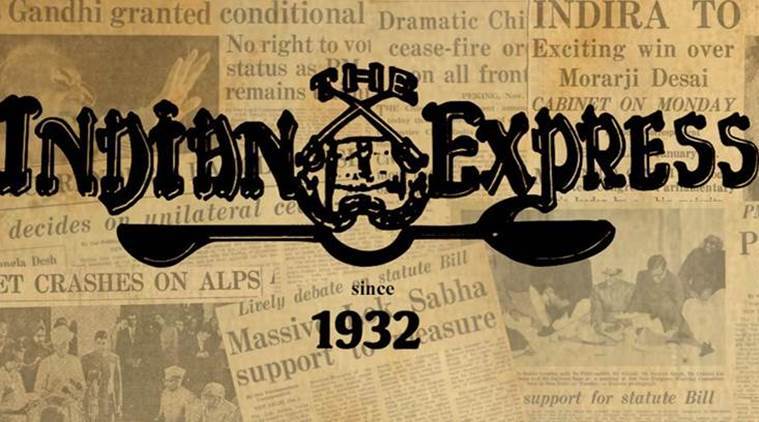
[ad_1]
Published: November 9, 2018 1:12:13 am
 India has actually had an advantage over the developed countries because it had less legacy systems to write off and could tap directly into the mobile internet boom.
India has actually had an advantage over the developed countries because it had less legacy systems to write off and could tap directly into the mobile internet boom.
A new report from Internet pioneer Tim Berners-Lee’s World Wide Web Foundation has found that while the growth rate of Internet access dips worldwide, India has escaped the slide because of slashed prices. This means cheaper access to cat videos, among other attractive things. This is clearly the product of healthy market competition, but the report also attributes it to growth in infrastructure, good policymaking and the role played by TRAI, which has created an open-access system to measure quality of service.
India has actually had an advantage over the developed countries because it had less legacy systems to write off and could tap directly into the mobile internet boom. Competition, led by the disruptive entry of Reliance Jio, ensured that access prices fell while transparent measurements assured maintenance of quality. Voice, however, has been a different story, with call drops becoming a regular nemesis. An analysis of affordable internet growth would not factor that in.
The WWW Foundation’s study is based on purchasing power, comparing the price of 1GB of data against average household income. India has the fastest-falling ratio, indicating a rise in affordability, but the lowest rates are found in other Asian countries like Pakistan, Sri Lanka, Myanmar and Vietnam. There is room for improvement, which is actually needed worldwide. Despite the global communications boom, one out of every two humans is still offline, and the majority of the disconnected are in nations that are either developing, or small, or both. In fact, the half-way mark was expected to be bridged by 2016, but it appears that it will be reached only next year. The digital divide represents a continuation of old inequalities, is a tremendous waste of human capital and an affront to the right to hear and be heard. And it can be corrected only by making access affordable.
For all the latest Opinion News, download Indian Express App
Source link